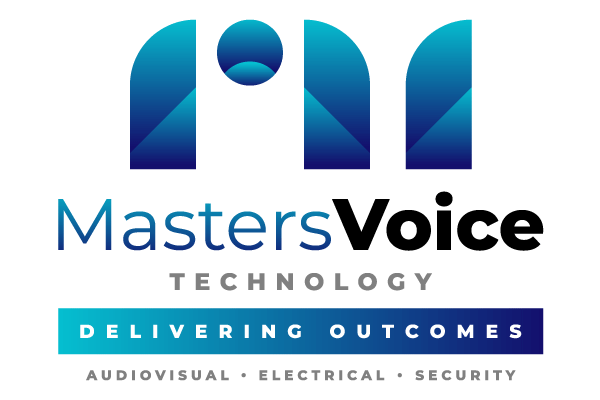What feature come with a Professional Cinema Camera
In recent years, if you've purchased a camera for video, chances are you may have opted for a still DSLR or mirrorless camera. These cameras have improved significantly in their video capabilities, with their interchangeable lenses and high degree of control making them beneficial for video shoots compared to traditional camcorders. However, if you're looking to upgrade, you may be considering "cinema cameras," which can cost several thousand dollars. But what sets these cameras apart and makes them worth the investment?
Cinema cameras are large sensor cameras with many of the advantages of both pro camcorders and system still cameras. The big sensors and interchangeable lenses make for really good image quality. Most of them also have pro sound features, handle better than DSLRs, and record in formats that stand up better to being manipulated ‘in post’ (at the editing stage) than basic DSLR footage. And they don’t suffer the ‘moiré’ effect which results from shooting video with a sensor designed for high resolution still photography.
Flash-forward to today and there is literally no excuse for why any budding filmmaker can’t go out and make a film. True, a top-tier camera is still cost-prohibitive for most of us. But, these days, the cell phone in your pocket likely has better image quality than the full-blown camcorders used to shoot many professional projects only a couple of decades ago. Even entry-level mirrorless cameras are capable of capturing images that, in the right hands, can compete with the very best.
But with manufacturers slapping the “cinema” label on certain cameras that seem to very much resemble traditional photography cameras, I thought it might be nice to go over some of the distinct features I look for when deciding if a camera is “cinema” enough to get the job done.

Exploring Essential Features of Professional Cinema Cameras
Professional cinema cameras come with a wide range of features that can significantly impact the quality of your footage. In this article, we will discuss the essential features that you should look for in a cinema camera.
- Built-In Exposure Tools
The ability to control lighting ratios and the dynamic range of a scene is fundamental to creating great moving images. While histograms are commonly used for still cameras, cinema cameras offer more advanced exposure tools such as waveforms and false color. These tools help cinematographers understand their exposure at a granular level, allowing them to maximize the image quality in-camera.
- Timecode
Unlike still photos, movies are often recorded using multiple devices, which are then put together during post-production. To keep all of these components in sync, it is crucial to have consistent timecode across all devices. Many cinema cameras come with a robust timecode system that generates timecode to sync with other devices. They also have dedicated timecode ports, simplifying the recording process.
- On Body XLR Inputs and Workable Preamps
XLR inputs are the industry standard connection for production audio. Most cinema cameras come with these inputs built into the body, providing the simplest connection between the microphone and the camera. Additionally, cinema cameras have a better native noise floor when recording audio directly, providing a clean audio file.
- Internal Raw Recording
Cinema cameras offer a variety of format options to suit different shooting scenarios. They can record in raw video or log formats, which are less storage-heavy. Providing multiple format options with the least amount of fuss necessary is one of the hallmarks of a great cinema camera.
- Internal NDs
Neutral density filters are essential when shooting on bright days to avoid blowing out highlights while maintaining a shallow depth of field. Many cinema cameras come with built-in NDs, allowing you to dial up or down the level of filtration with a simple flip of a switch. This saves time and allows you to change lenses without accounting for ND filters.
While these are the top five essential features, there are others to consider. A cinema camera with these features can help you take your filmmaking to the next level.


